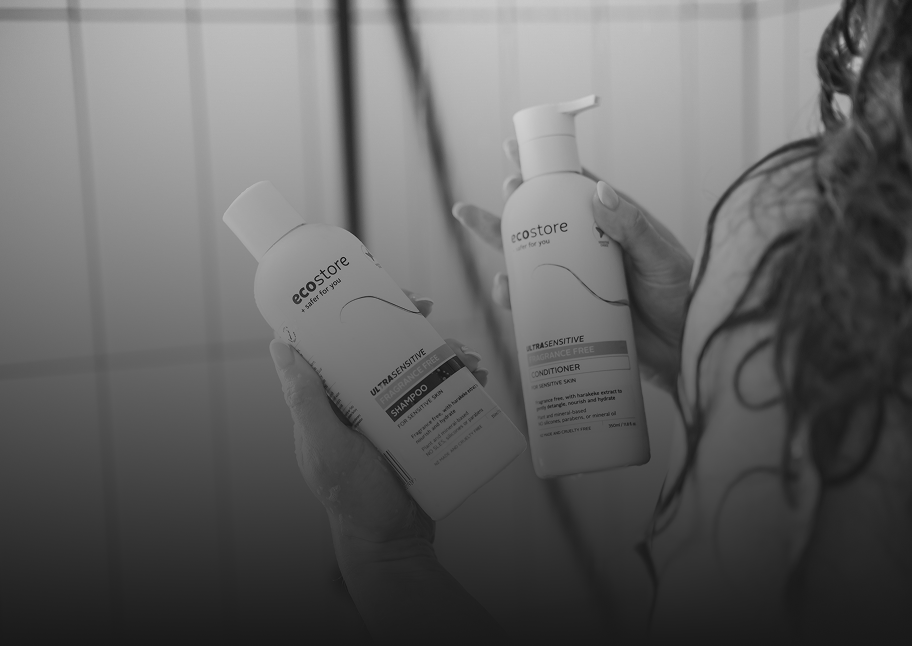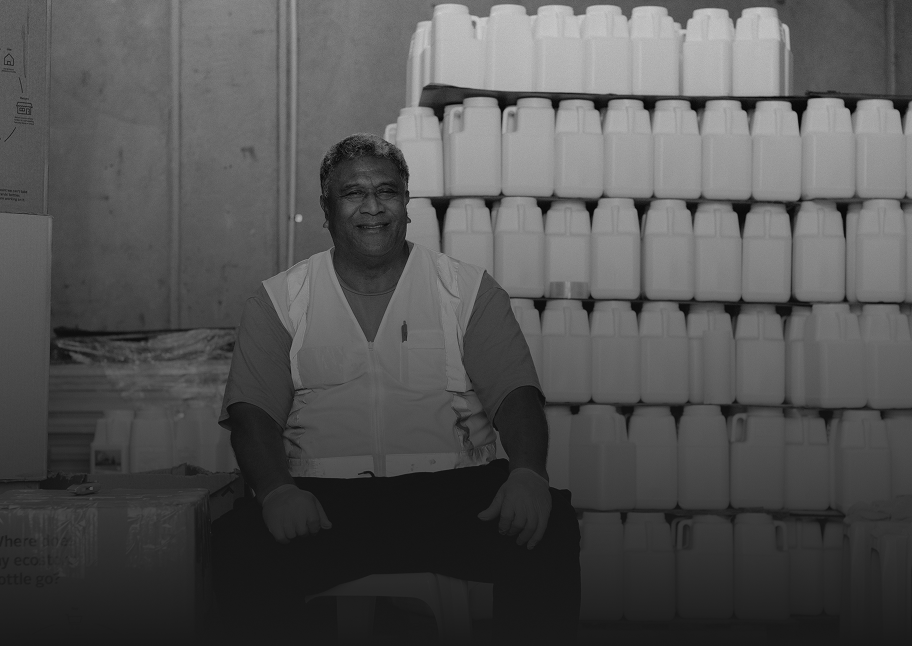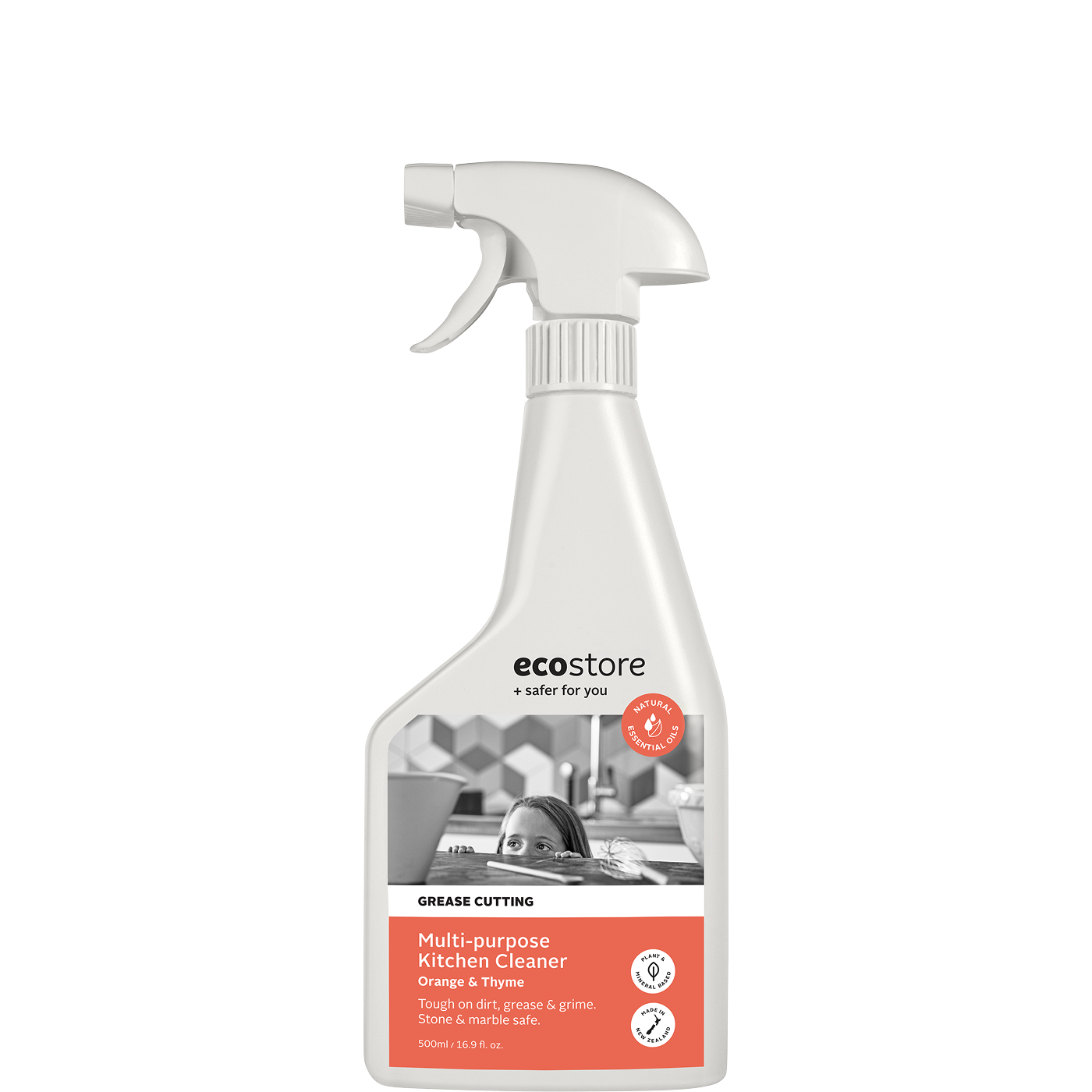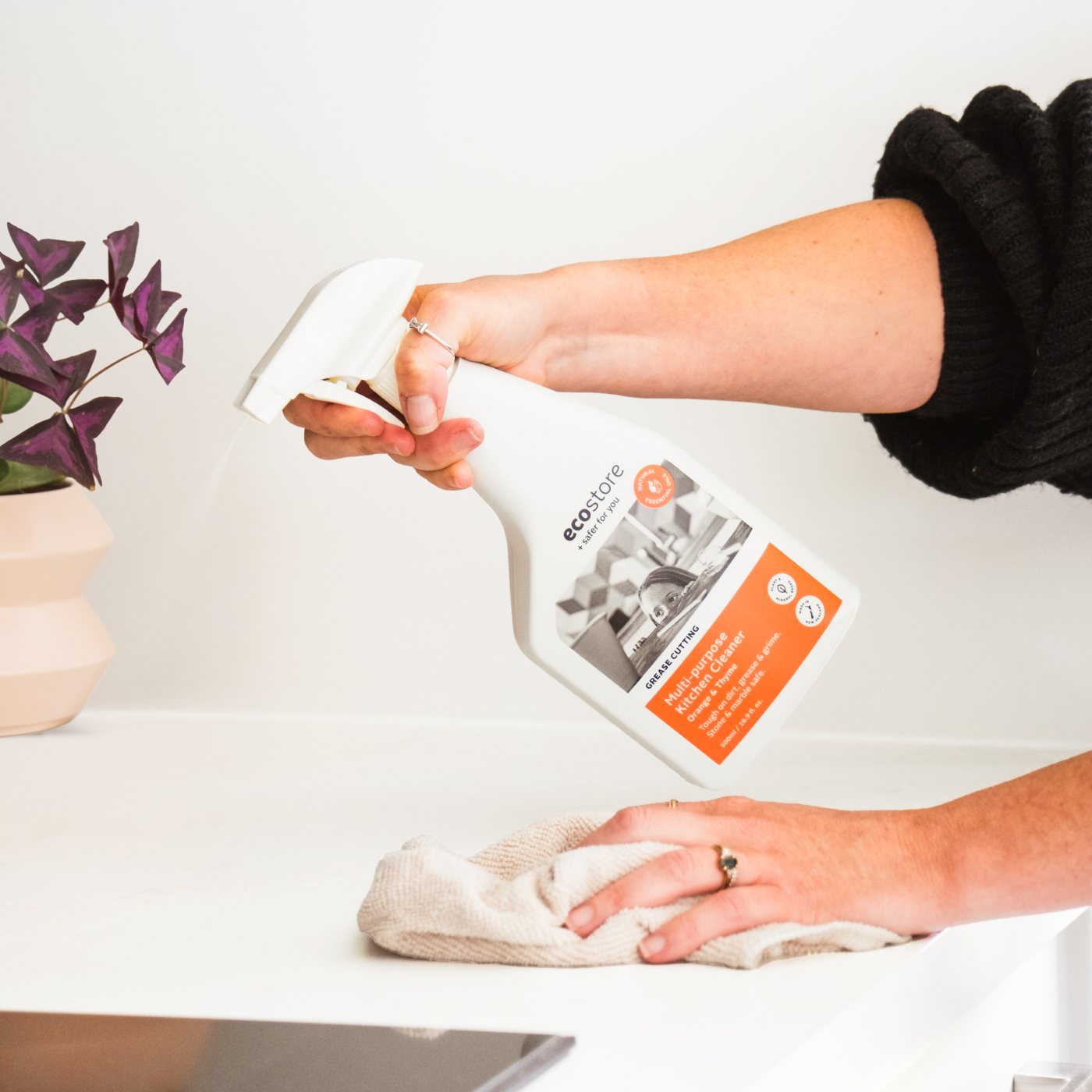We recently had the privilege of hearing from two people with different experiences of depression - Kathleen Wills, an integrative health professional assisting people with a range of serious wellness issues at her Auckland practice, and Dan Drupsteen, who's journeyed back to wellness after being diagnosed with depression, PTSD, anxiety and adrenal fatigue and who co-founded the mental health charity Live More Awesome.
The World Health Organisation estimates 350 million people are affected by depression globally, with the number of women significantly outweighing that of men. By 2020 it says depression will be the second most common cause of ill health and premature death worldwide.
In New Zealand the number of people taking antidepressants has doubled in the past six years. It's estimated one in six New Zealanders will experience serious depression, with one in seven young people here predicted to experience a major depressive disorder before they turn 24.
The symptoms of depression include:
- Poor appetite accompanied by weight loss
- Or increased appetite accompanied by weight gain
- Insomnia or excessive sleep habits
- Hyperactivity or inactivity
- Loss of interest or pleasure in usual activities
- Loss of energy and feelings of fatigue
- Feelings of worthlessness or inappropriate guilt
- Diminished ability to think or concentrate
- Recurrent thoughts of death or suicide
- Decreased sexual drive
Dan told us that before starting Live More Awesome with his friend Jimmi Hunt, he'd hit rock bottom after returning from a 10 day silent meditation retreat in Thailand, unable to cope with the realisation that he'd long been suppressing deep emotional pain.
Dan Drupsteen
He'd become a workaholic to suppress this pain and started many businesses that saw him travel regularly, but on his return he gave up all his business pursuits and lived reclusively for three months.
He tried anti-depressants and on his website says they helped numb emotional pain, but he felt disconnected from his feelings and couldn't see the consequences of his actions. He says he also tried a range of other therapies and methods to get well, but it wasn't until he ran out of money that he reached a turning point. He asked for help from a friend who was his business mentor, as well as a therapist, who each supported him to get well.
“I promised that when I got well I would dedicate my talents to helping others get well and stay well,” Dan says.
He's since set up an online resource, The Wellness Report, a 25 minute survey with 230 questions. It generates a customised set of recommendations designed to help diagnose and deal with depressive symptoms and improve the respondent's mental wellbeing.
The Wellness Report is backed by a team of advisors - including Kathleen, consultant psychiatrist Dr David Codyre, and stress disorder counsellor Dr John McEwan - that meets every six months to discuss new mental health research and ensure the tool is up to date. It's now been used by people in more than 35 countries.
The tool is the result of four years work by Dan and he says it covers “everything that helped keep me well”, from books and information to advice from friends and health professionals. “I wanted to bring all that into one place so people could better source the roots of their depressive illness.”
Kathleen likens the way some people with depression view life to seeing the world in black and white.
“They don't see love from their families or affection from their friends or compliments from colleagues at work,” she says. “We want to see people seeing colour and feeling the vibrancy of life and the warmth and affection from people in their life.”
Dr Kathleen Wills
She says there are many ways to work towards this kind of wellness, and some aren't traditional.
Among the alternatives or complements she references from David Mischoulon and Jerrold Rosenbaum's book Natural Medications for Psychiatric Disorders: Considering the Alternatives are:
- SAM-e (S-adenosylmethinone) - a naturally occurring compound found in body tissue and fluid
- 5HTP (5-Hydroxytryptophan), also known as oxitriptan (INN), a naturally occurring amino acid and chemical precursor
- St John's Wort - a flowering plant most often taken in liquid or capsule form
- Fish oil (at least 1000mg/day up to 20gm)
- Vitamin D3 (4000IUD/day)
- Vitamin B complex (with B12 1000 mg)
- Grapefruit seed extract (clears many yeast bacteria and parasites from the gut)
- Probiotics for healthy gut bacteria
Kathleen also suggests lifestyle changes that may be beneficial, such as getting regular massage, using a solar lamp in winter, practicing mindfulness, getting gentle exercise three or four times a week (like walking in nature), surrounding yourself with positive people, and dealing with emotional issues you may have kept inside.
The Ministry of Health in New Zealand recommends the following steps to get help for depression:
Talk to a friend or family member, a helpline, your GP who can advise treatment options.
Counselling services can be accessed through a school, relationship services, iwi and Maori health counselling services, alcohol and drug services and family support services, it says.
Some of the helplines available are:
Lifeline (0800 543 354)
the Depression Helpline (0800 111 757)
Youthline (0800 376 633)
Other websites that may be helpful:
The Ask For Help section on the Live More Awesome website.
The Lowdown - Lets you email, text or instant message for advice. It has information to help young people understand and deal with depression. You can free text 5626 for help.
Depression website/The Journal - Information and resources on recognising and understanding depression, including post-natal depression. It's also the home of The Journal, a self-managed online programme.
Mental Health Foundation - free information and training, and advocates for policies and services that support people with experience of mental illness.
*Although this blog contains information given by a health professional, it is not intended to substitute for medical advice, diagnosis or treatment. Always seek the advice of a health professional regarding a medical condition.
Read more

Do you dream of doing a regular yoga practice with a bunch of cool women, in a beautiful studio, but life gets in the way and it just never happens? As a yoga teacher and mum, I know my yoga pract...

Many of us have a special recipe for food our grandmothers used to make, that our mum or dad have passed on to us to keep the tradition alive. One of the reasons we love bringing out these recipes...








